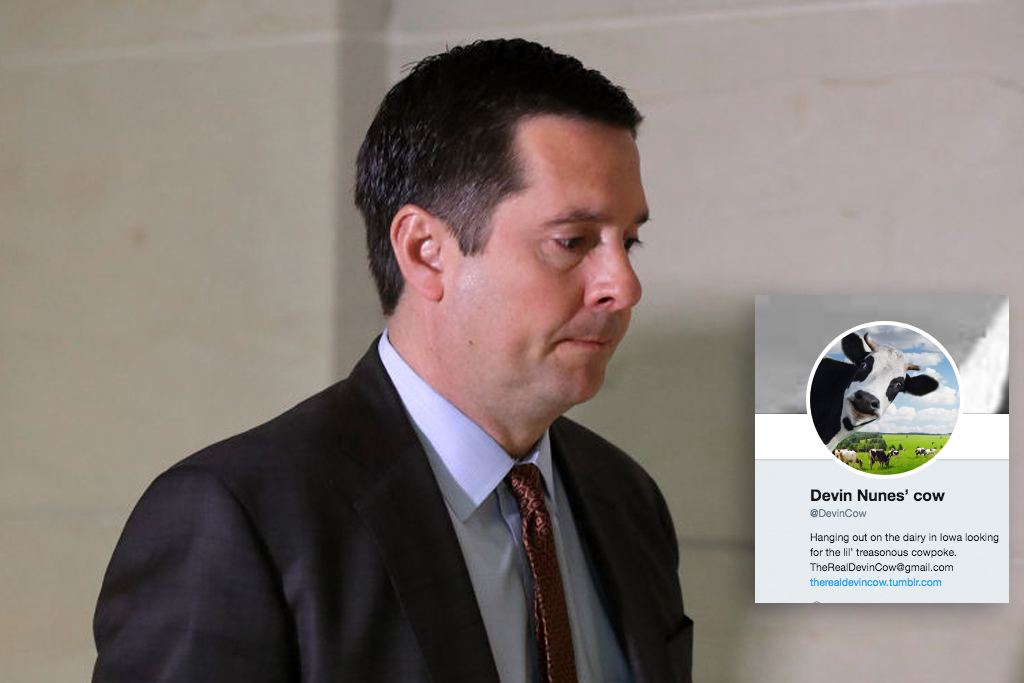As a teenager in the early 2000s, I used to volunteer at my hometown’s local senior citizens’ center, teaching digital skills. In those days, that involved learning how to set up neon-turquoise iMac desktop computers, subscribing to AOL via CD-ROMs that had arrived in the mail, and not clicking on emails that might install a virus. These days, the equivalent crash-course in basic technology would inevitably involve social media – and, increasingly, how to avoid the extraordinary amount of fake viral content there.
A new BuzzFeed feature by Craig Silverman looks at new efforts to expand digital literacy initiatives to seniors, a population that has historically been left out of that conversation. Silverman’s analysis treads a careful line: acknowledging that there’s a generation gap in digital literacy, while trying and mostly succeeding to avoid painting older internet users as inherently more gullible or lacking the aptitude to live in a digitally transformed world. Because, frequently, they aren’t: my dad is in his sixties and thinks everything on the internet is fake until proven otherwise. I’m a millennial, consider myself digitally savvy, and yet gleefully shared a viral story about a drunk Navy officer attempting to use a raccoon to pass a breathalyzer test before realizing it was completely made up.
But there’s a subtext to Silverman’s piece, and it’s that digital literacy alone is not the problem when it comes to members of the baby boomer generation and their online interactions. Information warfare is deliberately targeting older internet users. Yes, boomers are big consumers of deceptive, deliberately partisan content, but that’s in part because it’s being pushed to them intentionally. Seminars that encourage elderly people ‘not to “write a textbook in your text message”’ will only go so far in the face of deliberate manipulation.
As Silverman points out, older Americans tend to have more financial resources, more time to consume media – and they vote. Elder scams are nothing new, but now they play out through viral social channels; meanwhile, activist Jordan Uhl found that Turning Point USA, a conservative group that claims a focus on college students, was primarily hitting older users with its Facebook ads. (Republican pundit Evan Siegfried has said for months that the Turning Point USA crowd is ‘the Baby Boomers’ idea of a millennial Republican.’)
The tricky thing about information warfare is that it’s constantly evolving, and anyone trying to equip people to not fall prey to it will find themselves needing to update the curriculum in near real-time. Plus, older people aren’t the only ones being targeted. Extremist, misleading, and conspiracy-laden content has also made its way into the channels primarily frequented by younger people, from TikTok to the personal brands of YouTube celebrities. Business Insider reported last month that YouTube Kids was recommending videos about moon landing hoaxes and lizard people. Combating this isn’t just a matter of teaching people to be skeptical, because bad actors will find a way to get around skepticism. It’s a problem far outside the scope of AARP seminars and youth media literacy initiatives.
And that brings me to my last point: Why aren’t we focused on digital literacy for the people who are in charge of making the laws that can impact the lives we lead online? It’s not about waiting for a generation of geriatric politicians to croak. I’d argue, for example, that the most glaring example of a lack of digital literacy we’ve seen in the past month was on behalf of a congressman in his comparatively sprightly forties: Republican Rep. Devin Nunes of California.
In March, Nunes filed a suit against, among other defendants, an anonymous Twitter account that pretends to be run by a cow who called him ‘udder-ly worthless.’ The court complaint included screenshots of memes that referenced the gross-out horror movie The Human Centipede. And the amount of money asked for in the suit – $250 million – was so ridiculous as to evoke Dr Evil, the villain in spy spoof Austin Powers, who was met with peals of laughter when he insisted on $100 billion in ransom money. The ‘cow’ soon surpassed Nunes himself in Twitter followers.
The whole episode was comedy gold. But it’s somewhat ridiculous that Nunes, already a popular liberal punching bag on social media, could not possibly have not known that something like this would happen. It’s less of a laughing matter that we elect so many politicians who don’t seem to know much or care to learn about the way information flows in today’s age. Because, when it comes to information warfare, they’re (somewhat depressingly) the ones who can really effect change. The burden shouldn’t be on your local senior center.


















